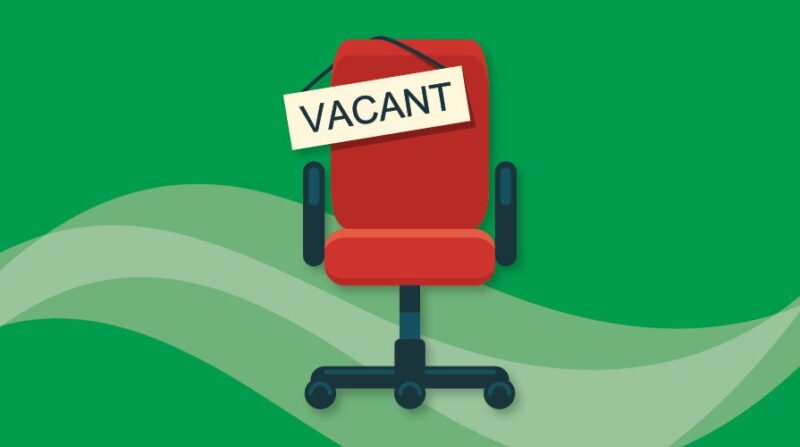Managing your own property can be a rewarding venture, offering greater control and potentially saving you money in the long run. However, it also comes with its fair share of challenges. From finding reliable tenants to handling maintenance issues, DIY property management requires careful planning and execution. Whether you’re a seasoned landlord or just starting out, here are some essential tips to help you succeed in managing your property effectively.
Know the Legalities

Before diving into property management, it’s crucial to familiarise yourself with the relevant laws and regulations. This includes understanding tenant rights, eviction procedures, and health and safety requirements. Ignorance of the law is not an excuse, and overlooking legal obligations can lead to costly consequences. Consider seeking legal advice or consulting with local authorities to ensure compliance with all legal requirements.
Screen Tenants Thoroughly
One of the most important aspects of property management is selecting the right tenants. A thorough screening process can help you avoid potential headaches down the line. Take the time to verify applicants’ employment, income, rental history, and creditworthiness. Asking for an employee pay stub is also a simple way to confirm their current income and ensure they can meet monthly rent obligations. Consider conducting background checks and contacting previous landlords for references. While it may take longer to find suitable tenants, it’s well worth the effort to avoid future problems.
Establish Clear Communication
Effective communication is key to maintaining a positive landlord-tenant relationship. Establish clear channels of communication from the outset and be responsive to tenants’ inquiries and concerns. Address any issues promptly and professionally, and keep tenants informed about any changes or developments related to the property. Building a good rapport with your tenants can help foster mutual respect and cooperation.
Keep Detailed Records
Maintaining accurate records is essential for successful property management. Keep thorough documentation of all transactions, including rental payments, repairs, and correspondence with tenants. This not only helps you stay organised but also provides a solid paper trail in case of disputes or legal issues. Consider using property management software or apps to streamline record-keeping processes and stay on top of your administrative tasks.
Stay on Top of Maintenance
Regular maintenance is vital to keeping your property in good condition and ensuring tenant satisfaction. Schedule routine inspections to identify any potential issues early on and address them promptly. Stay proactive about maintenance tasks such as lawn care, pest control, and HVAC servicing. Promptly respond to repair requests from tenants and enlist the help of qualified contractors or service providers when needed.
Know When to Seek Professional Help
While managing your own property can be empowering, there may come a time when you need to enlist the help of professionals. Whether it’s for complex legal matters, major repairs, or simply to lighten your workload, don’t hesitate to seek assistance when necessary. Estate agents in Doncaster, for example, can provide valuable expertise and local market knowledge to help you navigate the property management landscape more effectively
Plan for Vacancies

Vacancies are an inevitable part of property management, but they can also be a significant source of stress and financial strain if not handled properly. Develop a strategy for minimising vacancies, such as maintaining competitive rental rates, marketing your property effectively, and offering incentives to attract tenants. Additionally, have a contingency plan in place to cover expenses during periods of vacancy, such as setting aside a reserve fund or exploring short-term rental options.
Stay Informed and Adapt
The world of property management is constantly evolving, with new trends, technologies, and regulations shaping the landscape. Stay informed about industry developments and be willing to adapt your strategies accordingly. Attend workshops, seminars, and networking events to expand your knowledge and stay ahead of the curve. By remaining proactive and adaptable, you can navigate the challenges of property management more effectively and achieve long-term success.
In conclusion, DIY property management can be a fulfilling and profitable venture with the right approach. By following these essential tips, you can streamline your operations, minimise risks, and maximise the returns on your investment. Remember to stay informed, communicate effectively, and seek professional assistance when needed. With careful planning and dedication, you can become a successful property manager and enjoy the rewards of owning and managing your property portfolio.


